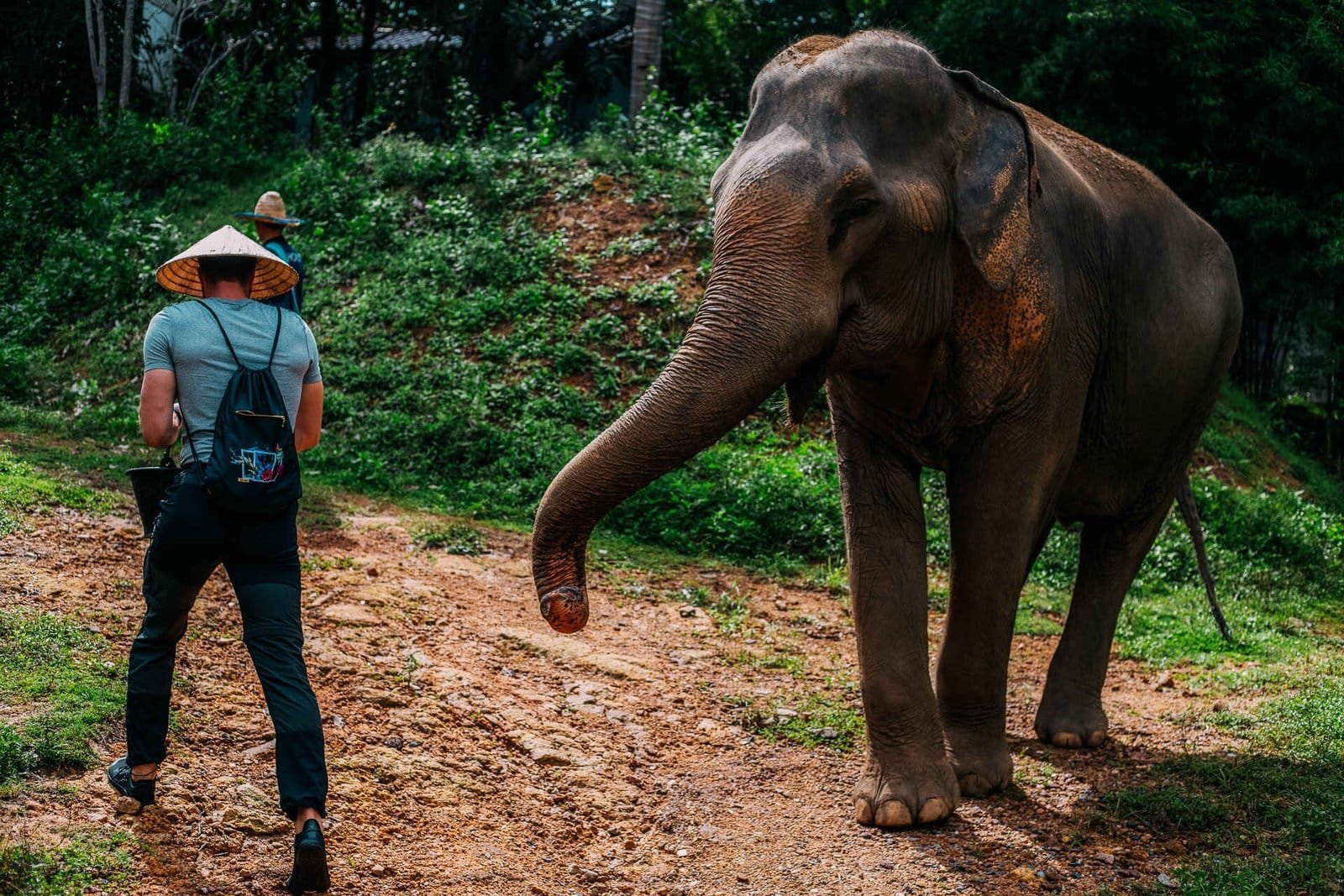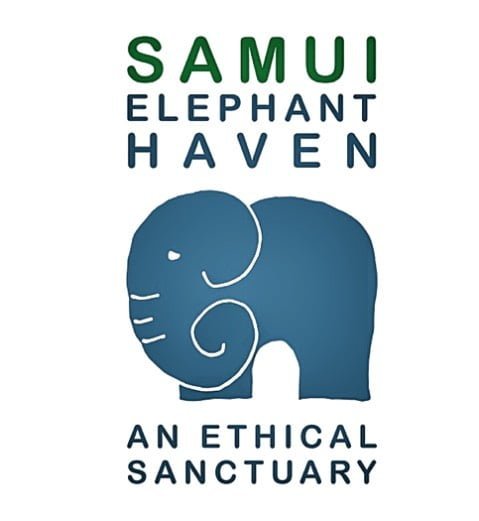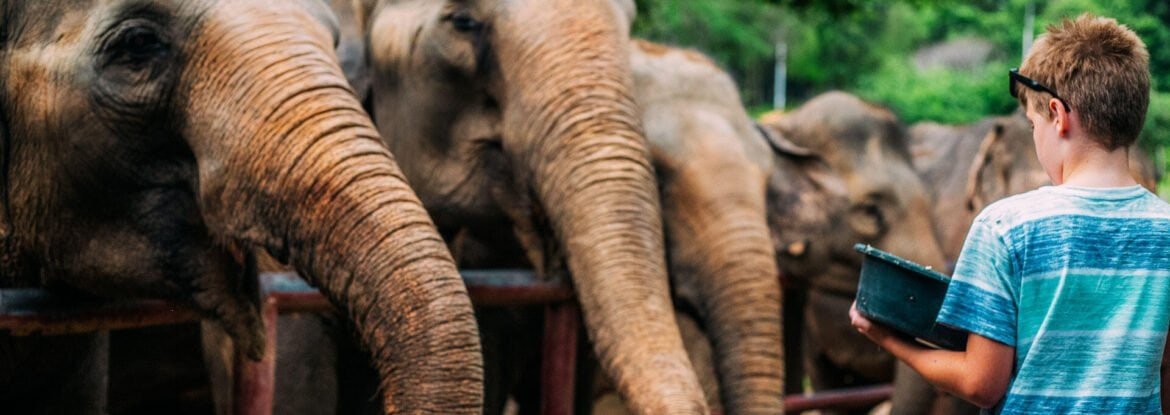When it comes to “elephant experiences,” the practices of elephant rides and elephant showers are perhaps the most troubling. These activities, which are often marketed as fun and interactive ways for tourists to engage with the proud creatures, are in fact deeply unethical and harmful to the elephants themselves.
The process of training elephants to allow humans to ride on their backs is particularly cruel. Trainers use methods like bullhooks, ropes, and physical punishment to break the elephants’ spirits and force them into submission. This not only causes immense physical pain but also severe psychological trauma, as these intelligent animals are stripped of their autonomy and natural behaviors. Imagine being forced to carry heavy loads on your back, day in and day out, with strangers constantly climbing on and off of you. It’s a torturous existence for these elephants, and it’s all done for the sake of human entertainment.
Similarly, the practice of “elephant showers” is equally problematic. In these activities, visitors are encouraged to bathe and scrub the elephants, often with harsh soaps and brushes. Not only does this disrupt the elephants’ natural grooming behaviors, but it also exposes them to unnecessary stress and potential injury. Elephants are highly sensitive creatures, and the constant touching and prodding from humans can be incredibly distressing for them. It’s not the fun, playful experience that it’s often portrayed as – it’s a violation of the elephants’ well-being.

The consequences of these unethical practices are far-reaching. Elephants in captivity, subjected to such stressful and unnatural conditions, often exhibit signs of severe distress, such as swaying, head-bobbing, and even self-harm. Their physical health also deteriorates, leading to a significantly shorter lifespan compared to their wild counterparts. These activities are not only cruel, but they also have a detrimental impact on the conservation and welfare of elephants as a species. We need to recognize that these are sentient beings, not just props for our entertainment.
The good news is that there are ethical alternatives to these problematic “elephant experiences.” Sanctuaries that prioritize the well-being and natural behaviors of the elephants, allowing them to roam freely and engage in their instinctual activities, are gaining traction as a more responsible model of tourism. In these sanctuaries, visitors can observe the elephants from a respectful distance, without interfering with their natural way of life. It’s a chance to appreciate these wonderful animals without exploiting them.
As the public becomes more aware of the harsh realities behind elephant rides, showers, and similar activities, the demand for ethical and responsible tourism is on the rise. It is up to all of us to make informed choices and support the establishments that truly prioritize the welfare of these magnificent animals.




Post a Comment